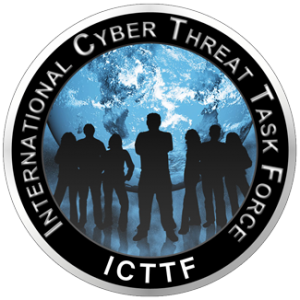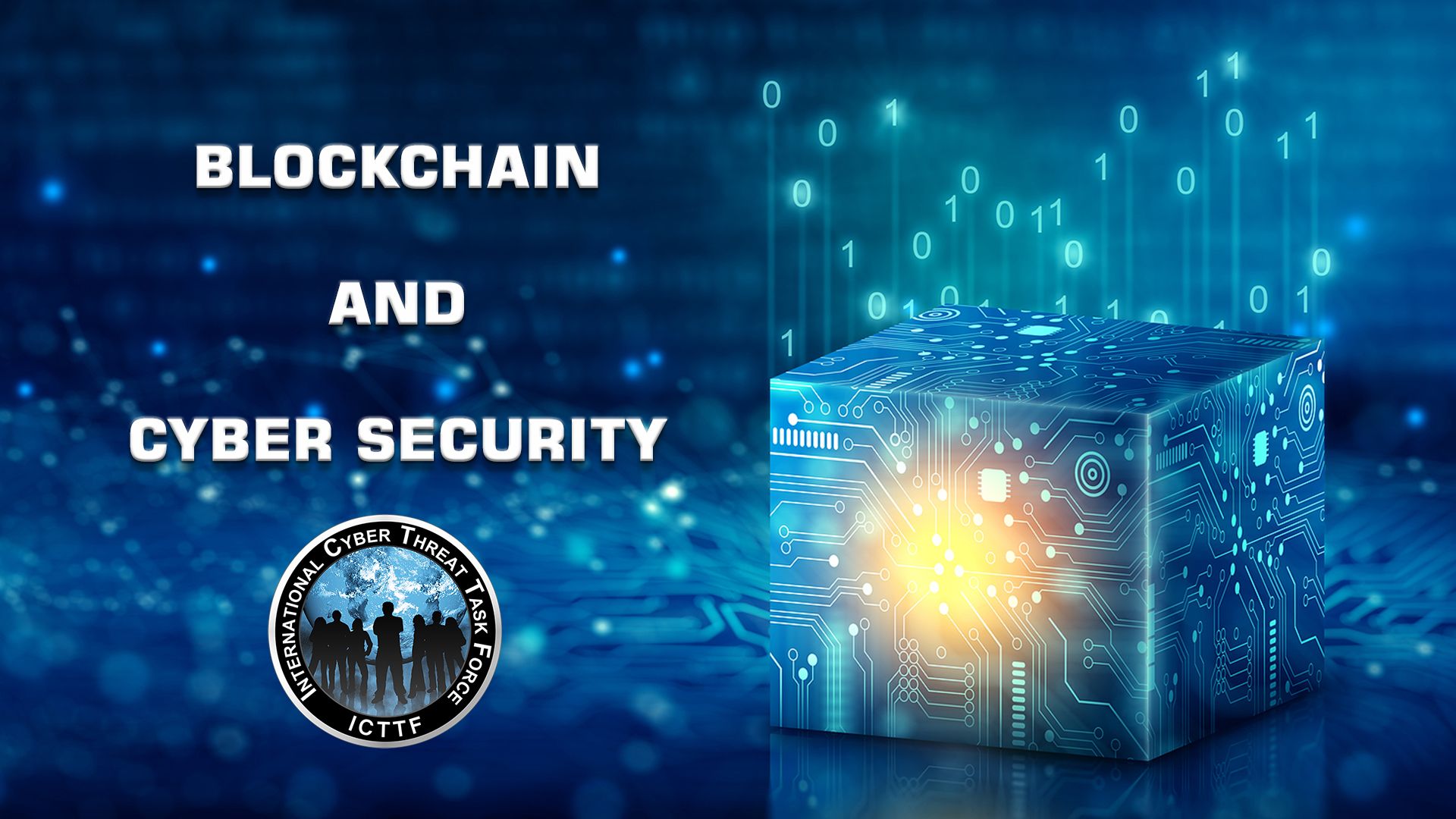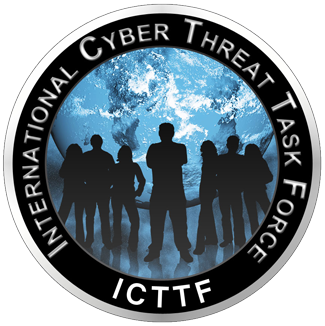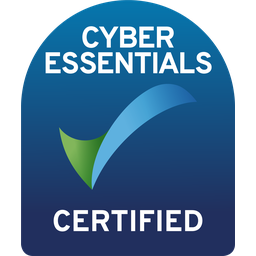Navigating the Regulatory Maze
The dance between technology and regulation is a delicate one. Much like the fledgling days of the Internet, blockchain technology currently exists in a grey area. European and international regulatory bodies are wrestling with how to create regulatory frameworks that protect against cybercrime without stymieing innovation.
The crux here is balancing the need for security and transparency with the immense potential that blockchain technology holds. Too little regulation, and we leave a gap for malicious actors to exploit, much like the darknet markets that thrived due to early Internet regulation vacuum. Conversely, excessive or ill-prepared regulations may throttle innovation or push illicit activities into obscurer corners of technology.
Widening Awareness in Cyber Security Circles
Blockchain and its applications, including cryptocurrencies and DeFi (Decentralised Finance), are on the radar of cybersecurity professionals. However, the nuances and intricacies often escape the untrained eye, creating challenges for incident response and resilience strategy.
A 2022 PWC survey revealed that while 56% of European companies were cognizant of blockchain's implications, only 12% were actively incorporating it into their cyber resilience strategies. This discrepancy between awareness and preparedness begs for an enhanced focus on blockchain within the cybersecurity realm.
Education and Upskilling: A Call of the Hour
There's been an active push to bring cybersecurity professionals up to speed with blockchain technologies, yet demand is outpacing supply. Universities and online platforms are rushing to offer relevant courses, with practical skills being honed at blockchain-based CTFs (Capture the Flag events) and hackathons. According to LinkedIn, the demand for cybersecurity professionals with blockchain-related skills rose by 54% in Europe from 2021 to 2022.
Quantum Computing: A Looming Threat
As we edge towards the quantum computing era, we must contemplate the risks it poses to blockchain security. Will current cryptographic algorithms, like SHA-256 and ECDSA, crumble under quantum attacks? This question paints a sobering picture of a future where all existing blockchain systems, and the digital assets they harbour, could be compromised.
Smart Contracts and Auditing
Smart contracts, the lifeblood of many blockchain systems, are a double-edged sword. They unlock massive potential but also introduce vulnerabilities if not properly audited. The DAO hack serves as a chilling reminder of what a flawed contract can cost.
GDPR and Blockchain: A Tough Balancing Act
The tenets of blockchain - immutability and decentralization - challenge the implementation of GDPR, particularly the "right to be forgotten". How can these seemingly polar opposites coexist? What does this mean for cybersecurity? These are critical questions for those of us in Europe and beyond.
Join us to Explore Further
We're just scratching the surface here. If this has piqued your interest, we invite you to delve deeper with us into this complex and fascinating world at the "Blockchain Ireland" panel discussion, where we'll address these issues and more. It's an opportunity to gain valuable insights and engage in thought-provoking discourse on blockchain's future in cybersecurity.
Don't miss out on this opportunity to be a part of the conversation shaping the future of cybersecurity in a blockchain-driven world.
Remember, the future of cybersecurity and blockchain is not something that will be dictated to us – it's a dialogue, a shared journey. And it's through discussions and events



